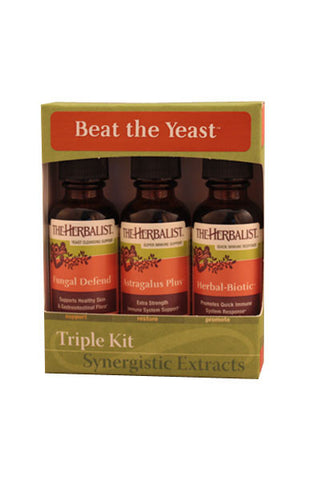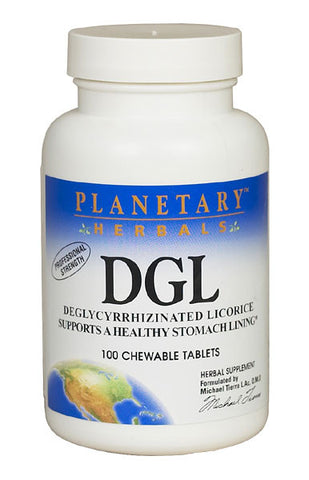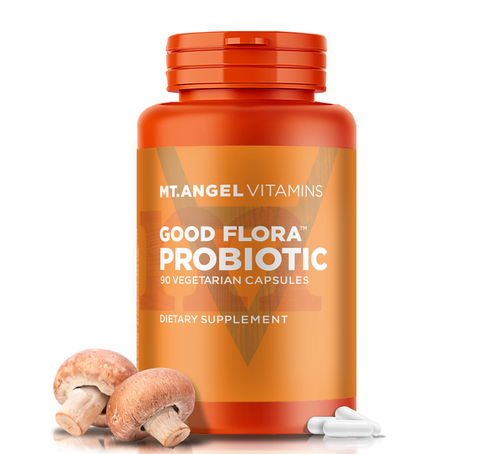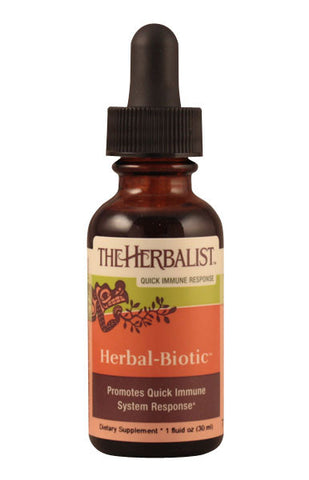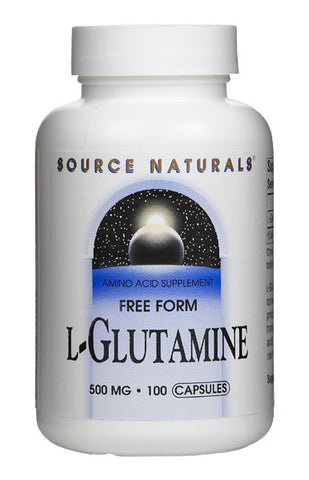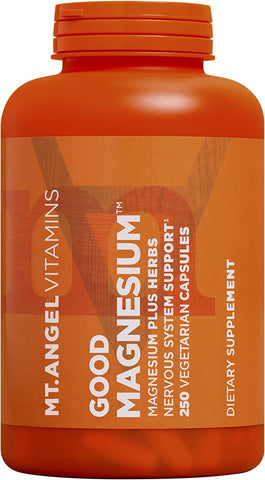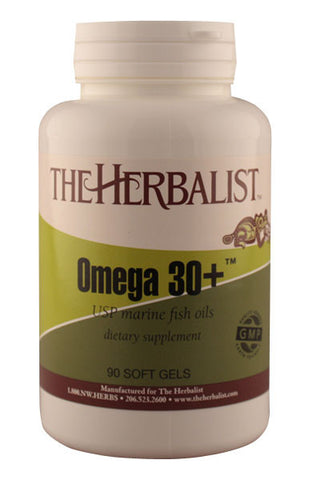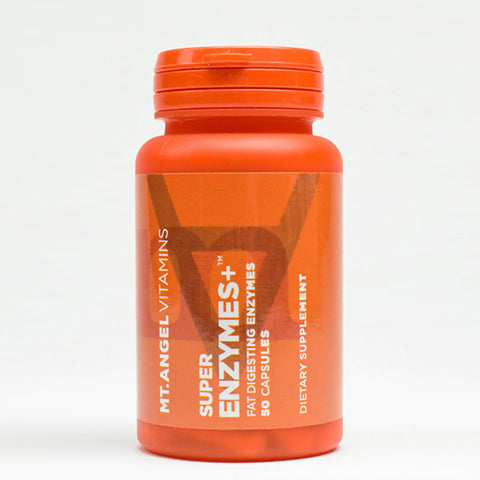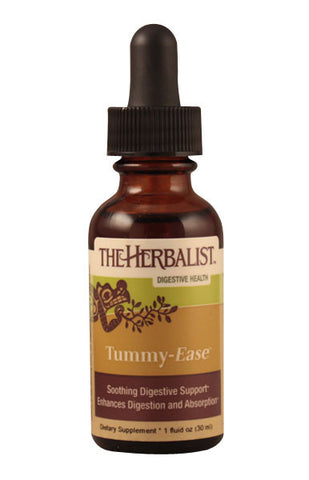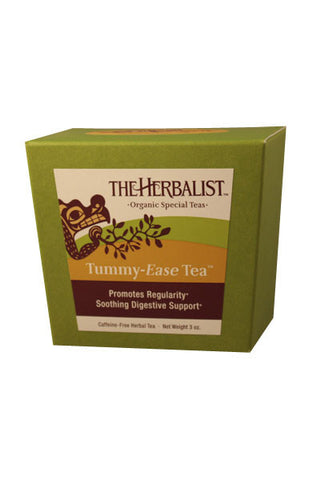Ulcers
Ulcers most frequently occur in the stomach. The cells that line the stomach secrete hydrochloric acid to make protein digestion possible and to keep unwanted bacteria out. A protective mucus layer covers the cells on the stomach to protect the tissues from stomach acid. Too much or too little stomach acid can damage the cells that line the stomach and erosion occurs. Too much stomach acid erodes the protective layer while too little stomach acid allows for overgrowth of Helicobacter pylori; both scenarios result in ulceration. Ulcers cause many uncomfortable symptoms including burning, irritation and even vomiting and bleeding. Stress, regular use of NSAIDs, smoking, alcohol, caffeine and spicy or acidic foods can all lead to ulcers.
Therapeutic Foods and Beverages
• Food should contain plenty of fiber, but be low in roughage. Vegetables should be lightly steamed or sautéed. Eat smaller, more frequent meals. Organic pesticide-free foods are best!
• Whole grains, such as basmati rice, quinoa, barley, wild rice, oats, and sprouted mixed grain bread.
• Fresh mixed vegetable juice such as carrot, apple, beet, cabbage, ginger.
• Vegetables such as sprouts, leafy greens – kale, chard, artichokes, asparagus.
• Cultured foods - yogurt and kefir.
• Seeds and nut butters - sesame (tahini), sunflower, almond. (Avoid seeds and nuts in whole form. They can get stuck in a sensitive area of the gut and cause great pain.)
• Legumes - lentils, azuki, black bean, and split pea.
• Fowl or meats, raised organically - chicken, turkey, duck, beef, lamb. Limit to a couple times per week.
• Fish (ocean-caught) - wild salmon, halibut, sardines, herring, and albacore tuna.
• High omega-3 eggs (poached or soft-boiled) contain DHA, Vitamin E, and B12.
• Fruits (without skins). Yellow-orange fruits - peaches, pears, and cantaloupe. Berries without seeds - blueberry.
Limit these foods and beverages
• Glutinous foods.
• Dairy - milk and milk products.
• Alcohol (especially yeasty beer), caffeinated and decaf drinks - coffee, soda pop.
• Avoid pork.
• Raw vegetables, head lettuce.



